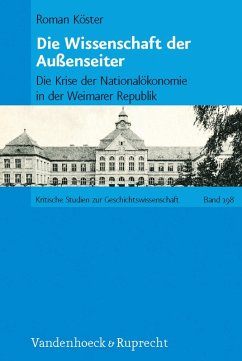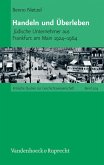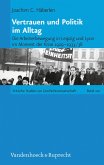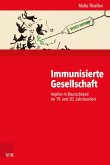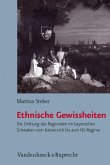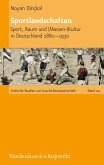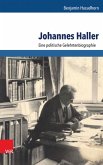After World War I the German national economy entered a deep crisis marked by disagreements between various theories, opinions and "systems." With the end of the previously dominant Young Historical School economics failed to unite behind a single sustainable paradigm. Instead, there was a deeply split in the scientific community that offered no answers to the most pressing economic problems of the day. In this volume Roman Köster analyses this crisis, tracing the historical situation the national economy faced as well as the many attempts at overcoming the crisis. He also shows why these efforts were doomed during the Weimar Republic.
Dieser Download kann aus rechtlichen Gründen nur mit Rechnungsadresse in A, B, BG, CY, CZ, D, DK, EW, E, FIN, F, GR, H, IRL, I, LT, L, LR, M, NL, PL, P, R, S, SLO, SK ausgeliefert werden.

